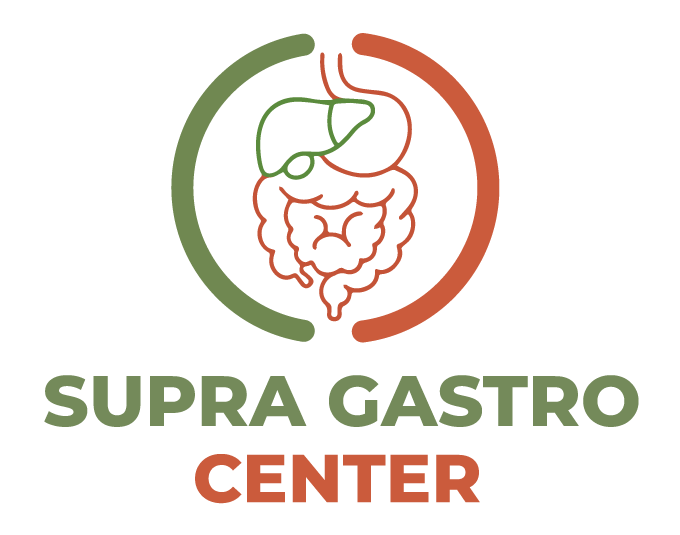Perianal tear surgery varies based on severity, location, and symptoms. Mild tears may require simple suturing, while chronic or complex cases need advanced procedures. Surgical techniques aim to repair anal tissue, relieve pain, prevent infection, and restore normal function. Minimally invasive methods ensure faster healing, reduced discomfort, and lower recurrence risks.
-
Working Hours: 05.00PM - 09.00PM
-
Email : contactsupraclinic@gmail.comEmail : contactsupraclinic@gmail.com
-
Phone Number : +91 9347665652Phone Number : +91 9347665652

